Optimal Timing for Tree Trimming
Tree trimmings are an essential part of maintaining healthy and attractive trees. Proper timing ensures optimal growth, disease prevention, and aesthetic appeal. Understanding the best times to trim can help avoid unnecessary stress on trees and promote their longevity.
Ideal for shaping and removing dead or damaged branches before active growth begins.
Suitable for thinning foliage and controlling growth during the peak growing season.
Best for pruning deciduous trees when they are dormant, reducing stress and preventing disease.
Trimming during flowering can reduce bloom quality and disrupt the tree's natural cycle.
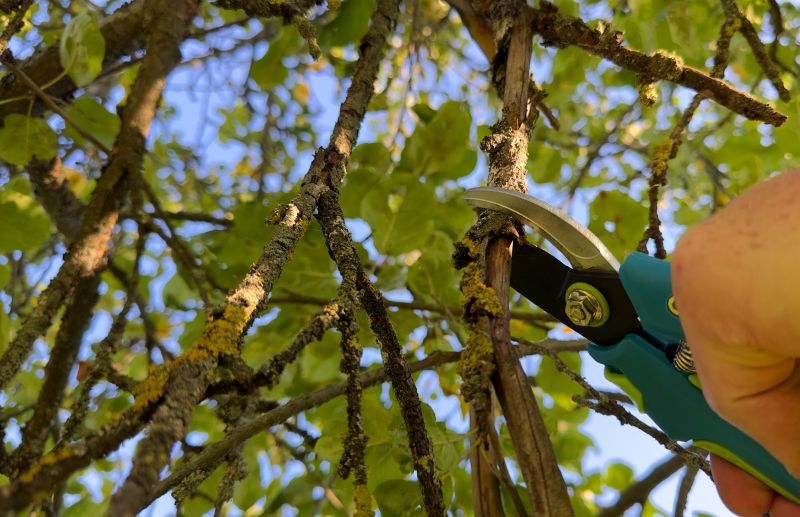
Pruning before new growth starts encourages healthy development.
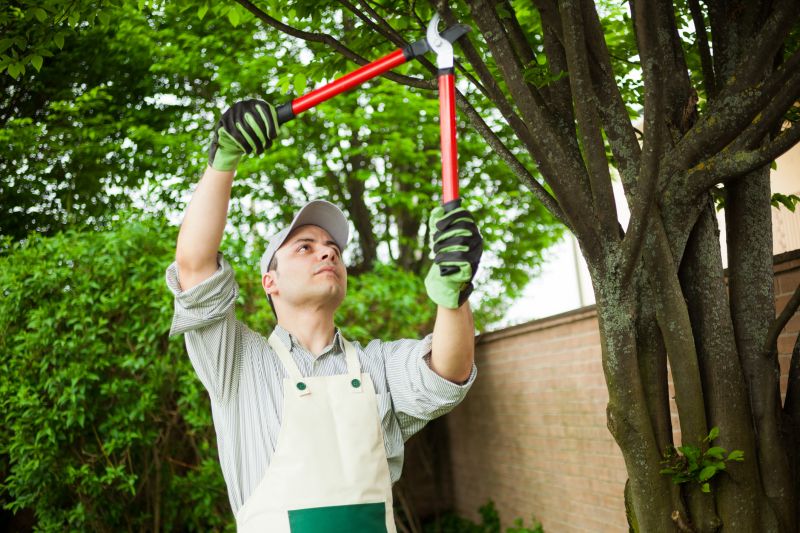
Thinning and shaping during active growth periods.
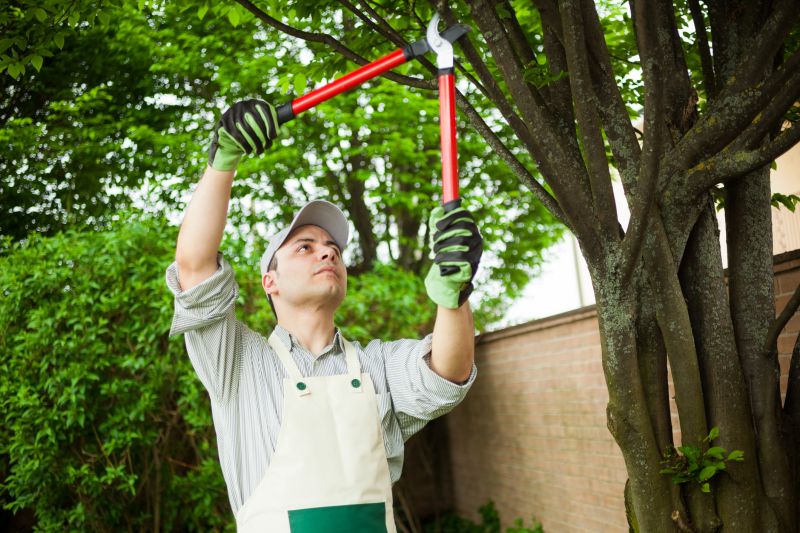
Winter trimming minimizes stress and disease risk.
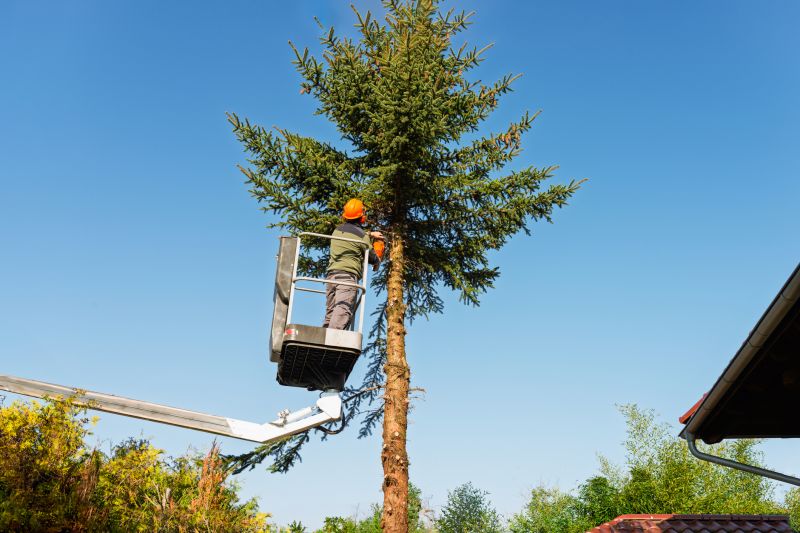
Ways to make Tree Trimmings work in tight or awkward layouts.
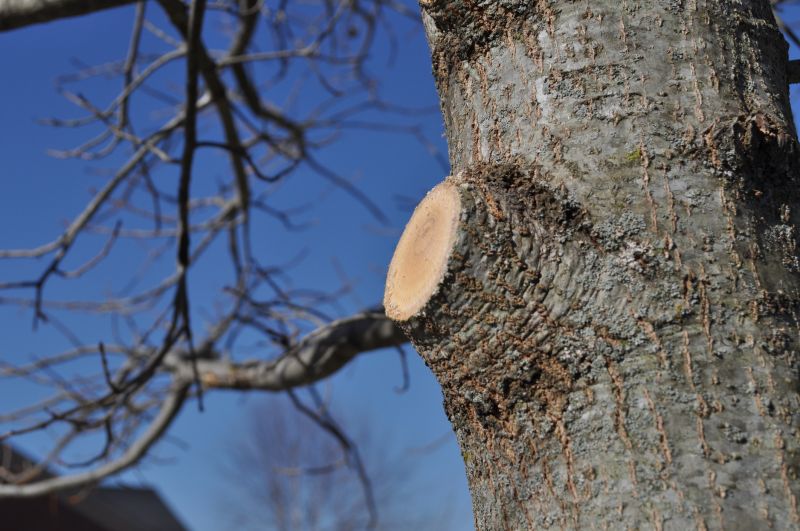
Popular materials for Tree Trimmings and why they hold up over time.
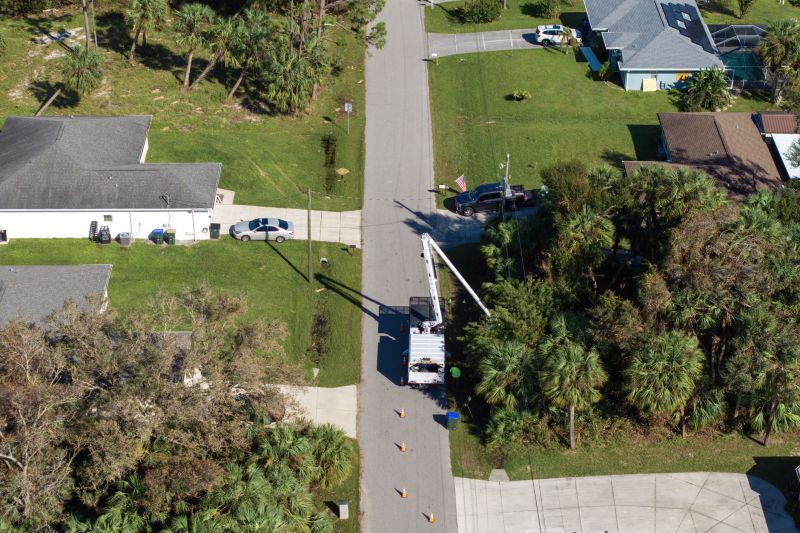
Simple add-ons that improve Tree Trimmings without blowing the budget.
| Tree Type | Optimal Trimming Time |
|---|---|
| Deciduous Trees | Late fall to winter |
| Evergreen Trees | Early spring or late summer |
| Fruit Trees | Late winter before buds swell |
| Shade Trees | Late winter or early spring |
| Ornamental Trees | Varies by species, generally late winter |
Statistics show that trees pruned at appropriate times experience less stress and recover more quickly. Properly timed trimming can extend a tree's lifespan and improve its resistance to pests and diseases.

High-end options that actually feel worth it for Tree Trimmings.

Finishes and colors that play nicely with Tree Trimmings.

Little measurements that prevent headaches on Tree Trimmings day.

A 60-second routine that keeps Tree Trimmings looking new.
For those interested in scheduling tree trimmings, it is recommended to contact professionals experienced in local tree care standards. Proper timing and technique are key to maintaining healthy, safe, and attractive trees.
